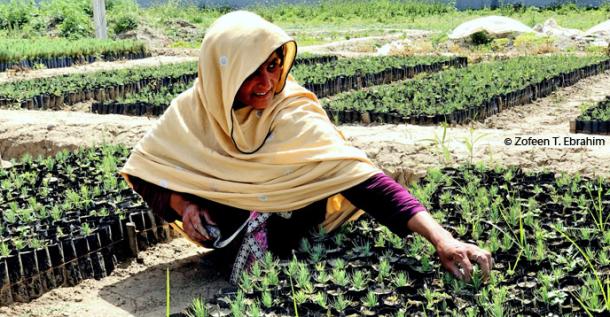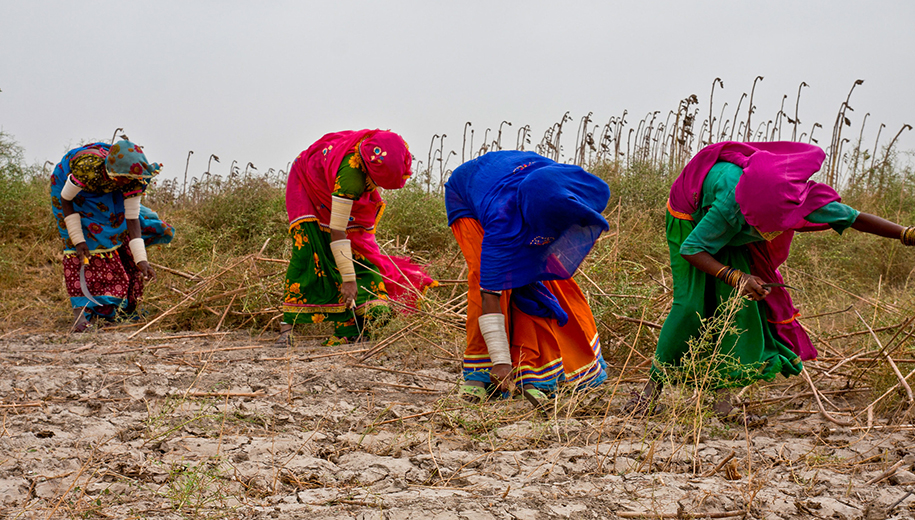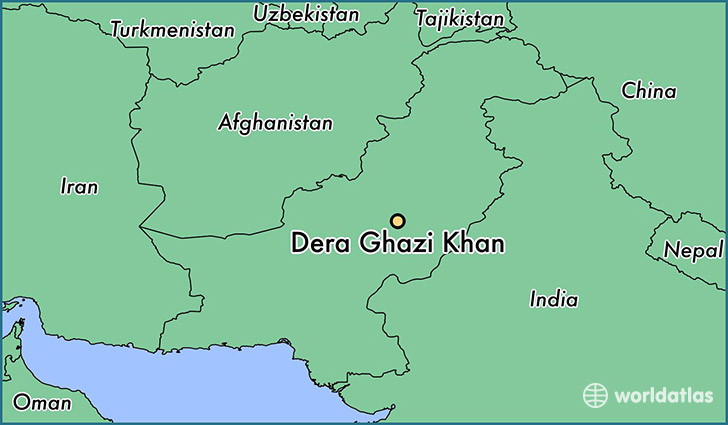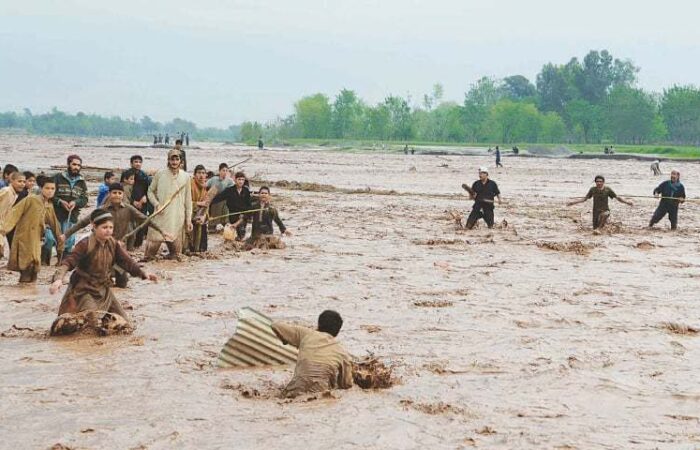Written by Asma Tariq
Land restoration has emerged as a critical priority in addressing environmental degradation, climate change, and food security. In Pakistan, a country grappling with severe environmental challenges, the restoration of degraded lands is not only an ecological necessity but also a social imperative.
This blog explores the multifaceted dimensions of land restoration in Pakistan, emphasizing the crucial role of gender in this process and highlighting transformative initiatives that empower female farmers.
Land Degradation in Pakistan
Pakistan faces severe land degradation due to deforestation, overgrazing, unsustainable agricultural practices, and climate change. According to the Food and Agriculture Organization (FAO), about 43% of Pakistan’s land area is vulnerable to desertification. The impacts of this degradation are profound, including reduced agricultural productivity, loss of biodiversity, and exacerbated poverty, particularly in rural areas.
The Importance of Land Restoration
Land restoration involves a series of practices aimed at reclaiming degraded lands and restoring their ecological health. This can include reforestation, sustainable agricultural practices, and soil conservation techniques. Successful land restoration offers numerous benefits, including improved soil fertility, increased agricultural yields, enhanced biodiversity, and better water management.
Gender Dynamics in Land Restoration
Women in Pakistan, particularly in rural areas, are disproportionately affected by land degradation. They are often the primary managers of natural resources, responsible for collecting water, fuelwood, and fodder. When land is degraded, these tasks become more arduous, impacting women’s health, economic opportunities, and overall well-being.
Addressing land restoration through a gender lens ensures that the specific needs, knowledge, and contributions of women are recognized and integrated into restoration initiatives. This approach not only promotes gender equity but also enhances the effectiveness of land restoration projects.
Case Studies: Women Leading Land Restoration in Pakistan
The Billion Tree Tsunami in Khyber Pakhtunkhwa (KP)

The Billion Tree Tsunami, launched by the provincial government of KP, has been a significant afforestation project. Women have played a vital role in this initiative, participating in tree planting and nursery management. Their involvement has not only contributed to the success of the project but has also provided them with income-generating opportunities and a greater voice in community decision-making.
The Billion Tree Tsunami in Khyber Pakhtunkhwa (KP)
The Billion Tree Tsunami, launched by the provincial government of KP, has been a significant afforestation project. Women have played a vital role in this initiative, participating in tree planting and nursery management. Their involvement has not only contributed to the success of the project but has also provided them with income-generating opportunities and a greater voice in community decision-making.
Changa Pani Program

In the Thar Desert, the Changa Pani Program focuses on water conservation and sustainable agriculture. Women are at the forefront of this initiative, managing community water resources and implementing soil conservation techniques. Their traditional knowledge of local ecosystems has been invaluable in designing effective restoration practices.
Ecoist's Mission to Empower Female Farmers in Dera Ghazi Khan

In the heart of Punjab, Pakistan, where the fertile plains of Dera Ghazi Khan stretch under the relentless sun, a quiet revolution is taking place. Spearheaded by Ecoist and led by visionary Bashem Zen, the “Soil Regeneration” campaign is transforming the lives of farmers, particularly women, through the power of vermiculture and vermicomposting.
What is Vermicompost?
Vermicompost, often termed “black gold,” is an organic fertilizer produced by the breakdown of organic matter through earthworms. This process enriches the soil with essential nutrients, improves its structure, and enhances its water-retention capabilities.
This sustainable initiative not only aims to restore soil health but also to combat the devastating impacts of climate change on agriculture. Currently, Ecoist operates two worm farms in the Dera Ghazi Khan region and has set up a worm breeding farm in the Rohi and Cholistan regions of the Great Thar Desert. These initiatives showcase Ecoist’s commitment to community engagement and environmental restoration, even in challenging environments.
The Role of Female Farmers in Dera Ghazi Khan
Women form the backbone of agriculture in Dera Ghazi Khan. Approximately 60-65% of the agricultural workforce here comprises women who toil from dawn to dusk, managing everything from sowing to harvesting. Their role is crucial yet often underappreciated. As the primary caretakers of the land, they face the brunt of climate change, which manifests in erratic weather patterns, extreme temperatures, and unpredictable rainfall.
Empowering Female Farmers
Ecoist’s campaign places a strong emphasis on empowering female farmers. By providing them with the knowledge and tools to produce vermicompost, Ecoist is enabling these women to take control of their agricultural practices and improve their yields sustainably. This empowerment is not just about better crops but also about fostering a sense of self-reliance and resilience against the backdrop of climate change.
Final Word
Land restoration in Pakistan is not just an environmental necessity; it is a pathway to sustainable development and social equity. Integrating a gender perspective into land restoration efforts ensures that women, who are key stakeholders in natural resource management, are empowered and their contributions valued. By recognizing and addressing the unique challenges faced by women, Pakistan can achieve more effective and sustainable land restoration outcomes, benefiting both people and the planet.
This blog is published as part of the Abadtak x Climate Action PK Scicomm Challenge and the Abadtak Mentorship Programme.



